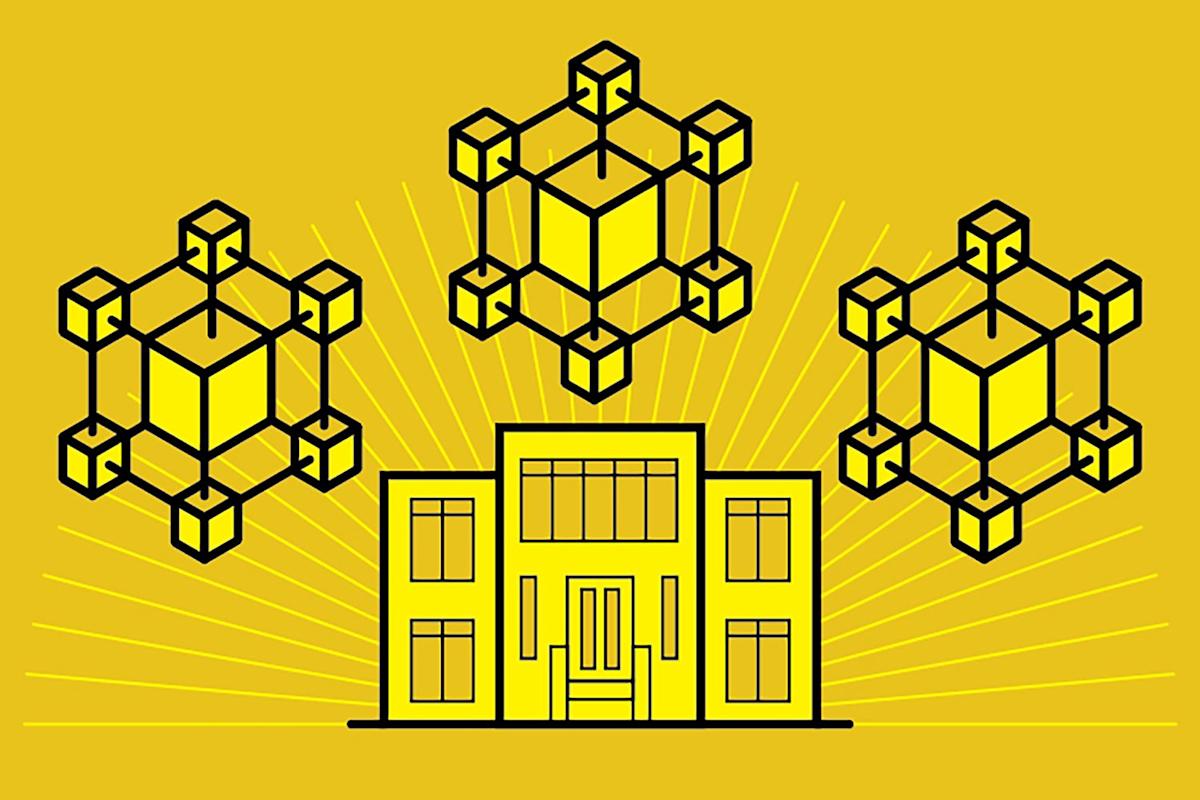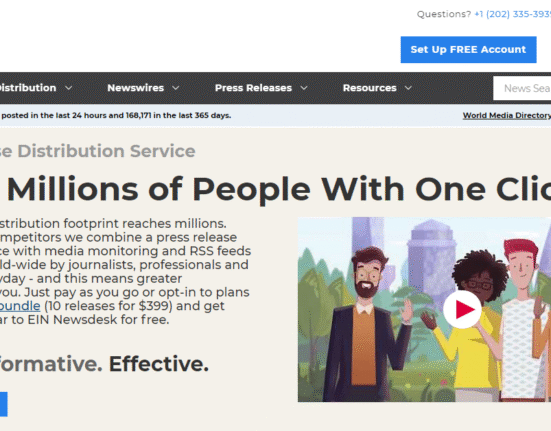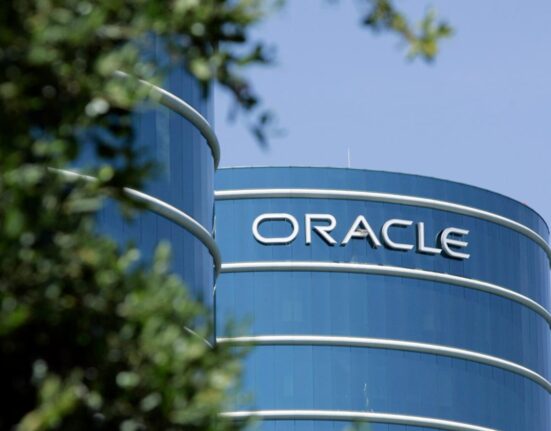The American dream is “life, liberty, and the pursuit of happiness” but, in practice, it has always been about ownership. Sadly, the dream of ownership is slowly slipping away for many people. Harvard University’s 2025 Youth Poll found that three-quarters say they want to own a home, but barely half think they ever will. Ownership feels increasingly out of reach. That lack of ownership applies not only to our physical property, but to our data as well.
Private data is a powerful asset, even if most Americans don’t realize it. After the 2008 financial crisis, the government mandated that banks allow customers to access their data, but even today, almost two decades later, J.P. Morgan still fights to comply with “open banking.” When corporations hoard private data to create “moats” for user retention, they stifle competition and reduce innovation. Value should not just flow to a handful of corporations but also to the people who actually create it.
The rise of the agentic web – where autonomous AI agents act on behalf of humans – is set to widen the data ownership gap. Today, AI agents crawl the internet, vacuum up content without attribution, and return nothing to users. As we consume apps like ChatGPT and create prompts with deeply personal information, we have become even more prolific creators of valuable private data. That data is the foundation upon which today’s digital and AI economy is built.
To stop this cycle of big companies gobbling up our data for free will require a technological solution and, fortunately, one is on hand. Blockchain can turn users into economic stakeholders in the very digital services they power, and usher in a new era of wealth, participation, and dynamism.
Until recently, blockchains sought to store all your data and execute all your applications —a cumbersome, expensive and slow process. Now, advances in cryptography and design allow builders to offer the privacy and ownership benefits of blockchain but in lighter, easy-to-use packages. These advances can be combined with a feature of blockchain that is sorely missing on the traditional internet: verifiability, or the ability to prove who you are and what you did.
A verifiable internet rests on two pillars: verifiable data and verifiable compute. Verifiable data allows you to prove facts about yourself – like your repayment history, your health deductible, and even your digital reputation—without handing over everything (and, crucially, you don’t need resource-intensive APIs or a company like J.P. Morgan’s permission to access this information). Companies like Opacity Network are digital notaries already powering dozens of applications like Earnifi, which reached #1 for finance in Apple’s App Store.
The American dream is “life, liberty, and the pursuit of happiness” but, in practice, it has always been about ownership. Sadly, the dream of ownership is slowly slipping away for many people. Harvard University’s 2025 Youth Poll found that three-quarters say they want to own a home, but barely half think they ever will. Ownership feels increasingly out of reach. That lack of ownership applies not only to our physical property, but to our data as well.
Private data is a powerful asset, even if most Americans don’t realize it. After the 2008 financial crisis, the government mandated that banks allow customers to access their data, but even today, almost two decades later, J.P. Morgan still fights to comply with “open banking.” When corporations hoard private data to create “moats” for user retention, they stifle competition and reduce innovation. Value should not just flow to a handful of corporations but also to the people who actually create it.
The rise of the agentic web – where autonomous AI agents act on behalf of humans – is set to widen the data ownership gap. Today, AI agents crawl the internet, vacuum up content without attribution, and return nothing to users. As we consume apps like ChatGPT and create prompts with deeply personal information, we have become even more prolific creators of valuable private data. That data is the foundation upon which today’s digital and AI economy is built.
To stop this cycle of big companies gobbling up our data for free will require a technological solution and, fortunately, one is on hand. Blockchain can turn users into economic stakeholders in the very digital services they power, and usher in a new era of wealth, participation, and dynamism.
Until recently, blockchains sought to store all your data and execute all your applications —a cumbersome, expensive and slow process. Now, advances in cryptography and design allow builders to offer the privacy and ownership benefits of blockchain but in lighter, easy-to-use packages. These advances can be combined with a feature of blockchain that is sorely missing on the traditional internet: verifiability, or the ability to prove who you are and what you did.
A verifiable internet rests on two pillars: verifiable data and verifiable compute. Verifiable data allows you to prove facts about yourself – like your repayment history, your health deductible, and even your digital reputation—without handing over everything (and, crucially, you don’t need resource-intensive APIs or a company like J.P. Morgan’s permission to access this information). Companies like Opacity Network are digital notaries already powering dozens of applications like Earnifi, which reached #1 for finance in Apple’s App Store.












Leave feedback about this